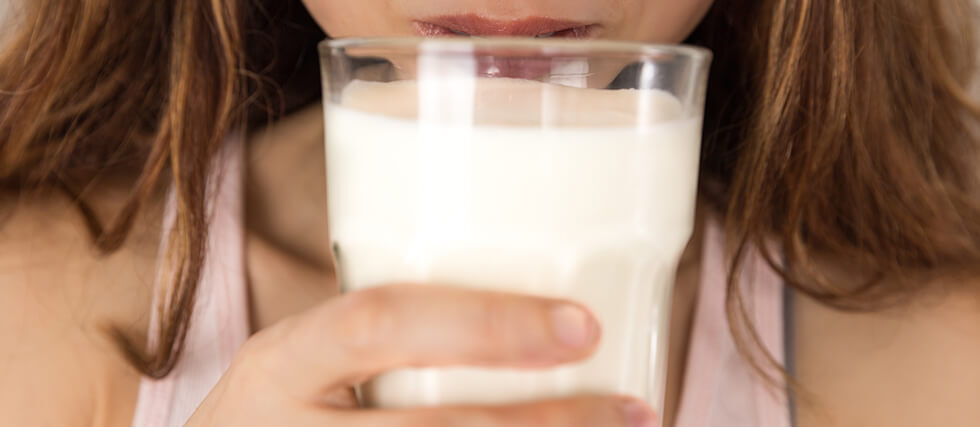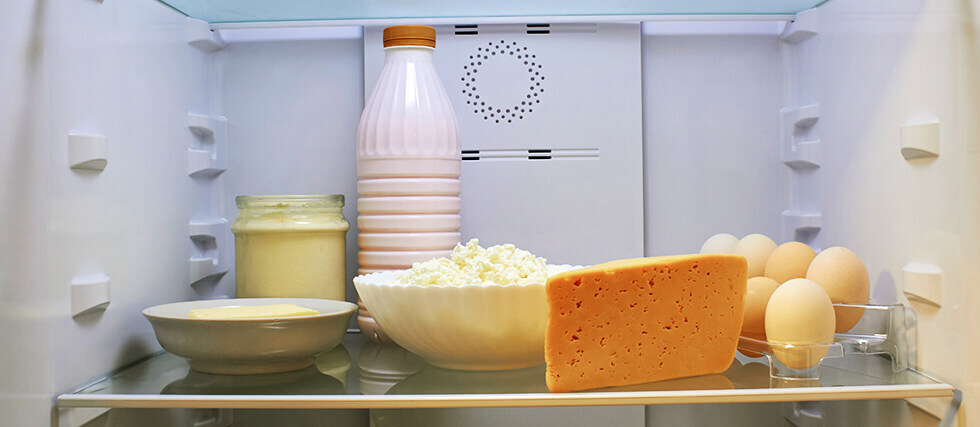Does Pouring Milk on a Burnt Tongue Really Help? Here’s What Actually Works
Burning your tongue on a too-hot coffee or a bite of food is a common mishap, but knowing what to do next can make all the difference in healing. While pouring milk on a burnt tongue can help soothe and heal the tissue (thanks to its calcium and protein), it’s not the only remedy worth trying.
Best Ways to Treat a Burnt Tongue:
- Cool It Down: Immediately rinse your mouth with cool water or suck on an ice chip to reduce heat and inflammation.
- Saltwater Rinse: Swish a mild saltwater solution to help prevent infection and reduce swelling.
- Milk Soothing: Yes, milk can help! It creates a coating that calms the burn and encourages healing.
- Popsicles or Ice Chips: These ease pain and prevent blisters—just don’t chew ice.
- Vitamin E: Applying the contents of a vitamin E capsule may accelerate healing.
- Honey: A dab of honey can fight bacteria and promote recovery.
- OTC Pain Relief: Acetaminophen or ibuprofen can help manage discomfort.
- Topical Anesthetics: Products like Orajel provide temporary numbing.
Avoid These While Healing:
- Alcohol-based mouthwashes
- Spicy, acidic, or carbonated foods
- Hard, rough foods that can irritate the burn
- Tobacco and extremely hot beverages
When to See a Doctor: Most tongue burns, especially mild ones, heal within a week. But if your tongue is blistered, severely swollen, charred, numb, or does not improve after several days, seek medical attention. Burns involving infants, older adults, or large areas of the tongue should also be evaluated.





